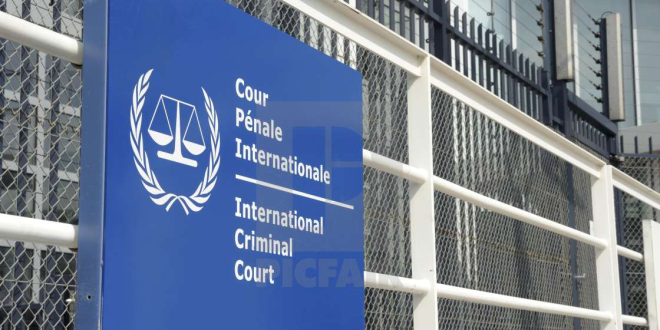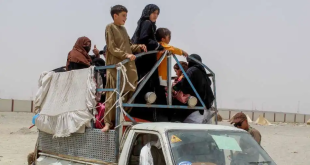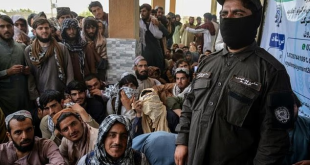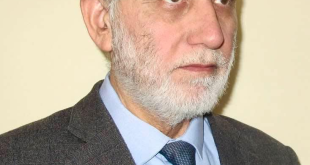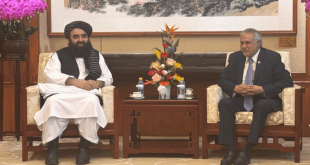KABUL – International Criminal Court issued arrest warrants for Taliban Supreme Leader Haibatullah Akhundzada and Chief Justice Abdul Hakim Haqqani over crimes against humanity, the regime is now eyeing a dramatic next move: withdrawing Afghanistan from the ICC altogether. But international law may not let them.
While the Taliban control the country and have opened embassies from Moscow to Abu Dhabi, their government remains officially unrecognized by the United Nations and most Western powers. That raises a thorny legal dilemma: who actually has the authority to make such a withdrawal on behalf of Afghanistan?
The Rome Statute allows any member state to exit with a year’s notice. But in the Taliban’s case, their shaky global standing puts them in a grey zone—powerful on the ground, but legally adrift. Afghanistan’s UN seat is still held by a diplomat from the ousted republic, and the General Assembly has never endorsed Taliban rule.
The ICC has faced this kind of challenge before. It rejected a submission from Egypt’s deposed Morsi government in 2013 due to its loss of control, but later accepted Palestine as a member despite international disputes over its status. Now, the Taliban’s attempted exit could force the Court to confront once again the tension between de facto power and international legitimacy.
Even if the Taliban succeed in filing for withdrawal, it wouldn’t cancel the current cases—but it could shield them from future indictments. Still, enforcement remains elusive: nearly half of ICC suspects have never been arrested, and none of the Taliban’s neighboring allies are legally bound to extradite.
For now, the Taliban remain in power—and under indictment. Whether they can escape the Court’s reach depends less on law and more on politics, recognition, and the ICC’s willingness to act in uncharted legal territory.
 Afghanistan Times
Afghanistan Times
